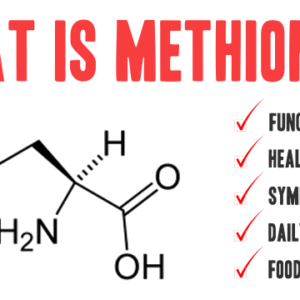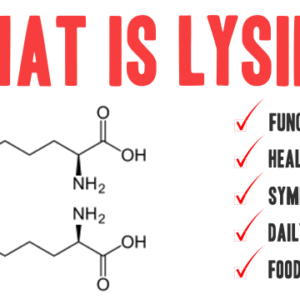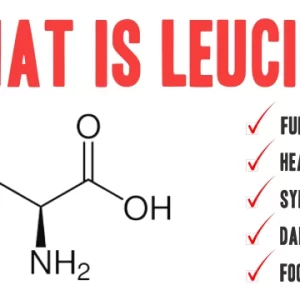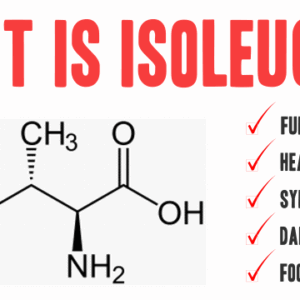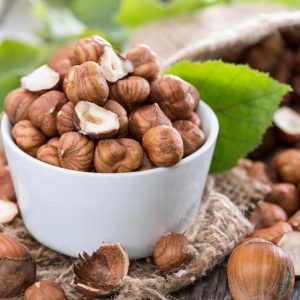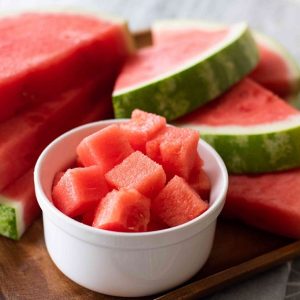You’ve probably heard that drinking coffee before a workout can improve performance. But does that same cup of coffee help you burn more fat after your workout ends? The answer lies in a physiological process called EPOC—Excess Post-Exercise Oxygen Consumption—commonly referred to as the “afterburn effect.”
In this article, we’ll explore what EPOC is, how caffeine interacts with it, and whether this combination can meaningfully impact fat loss.
What Is EPOC? Understanding the Afterburn Effect
EPOC refers to the increased oxygen consumption (and therefore calorie burning) that occurs after intense exercise as your body works to restore homeostasis. During this recovery window, your metabolism remains elevated to:
Replenish energy stores (ATP and phosphocreatine)
Restore oxygen levels in the blood and muscle
Clear lactate and repair muscle tissue
Normalize body temperature and hormone levels
This process requires energy—and that means extra calorie burn after your workout ends.
High-intensity training—particularly resistance training and interval-based workouts—is known to increase EPOC more than low- or moderate-intensity aerobic exercise.
How Caffeine Influences EPOC and Energy Expenditure
Caffeine is a natural stimulant that increases alertness, reaction time, and muscular endurance. But its effects go beyond performance: caffeine may also influence post-exercise energy expenditure.
🧪 Research Example 1: Astorino et al. (2011)
In a controlled study published in the Journal of the International Society of Sports Nutrition, researchers investigated the effect of acute caffeine ingestion (6 mg/kg) on EPOC in 14 strength-trained men following intense resistance training.
Findings: EPOC was significantly greater with caffeine (26.7 ± 4.1 L) than with placebo (22.8 ± 3.8 L), resulting in a 15% increase in total post-exercise energy expenditure.
However, this increase translated to only ~27 additional calories burned over 75 minutes.
📖 Reference: Astorino, T. A., Martin, B. J., Wong, K., & Schachtsiek, L. (2011). Effect of acute caffeine ingestion on EPOC after intense resistance training. J Int Soc Sports Nutr, 8, 10. PMID: 21297558
🧪 Research Example 2: Hursel & Westerterp-Plantenga (2010)
A meta-analysis published in The American Journal of Clinical Nutrition examined the role of caffeine and green tea catechins on energy expenditure and fat oxidation.
Results: Caffeine increases thermogenesis (heat production) and fat oxidation both at rest and post-exercise.
The thermogenic effect is dose-dependent, with meaningful outcomes observed when caffeine is combined with exercise.
📖 Reference:
- Hursel, R., & Westerterp-Plantenga, M. S. (2010). Thermogenic ingredients and body weight regulation. Am J Clin Nutr, 91(1), 104–113.
- M S Westerterp-Plantenga 2010. Green tea catechins, caffeine and body-weight regulation. PMID: 20156466
Does This Mean Coffee Burns Fat After a Workout?
Not exactly—the increase in post-exercise calorie burn from caffeine is real but relatively small.
✅ What caffeine does:
Boosts metabolism slightly
Increases fat oxidation
Enhances EPOC modestly when paired with resistance training
May aid appetite suppression post-exercise
❌ What caffeine doesn’t do:
Magically melt fat
Compensate for poor diet or overconsumption
Replace the need for consistent training and recovery
📌 Bottom Line:
If you’re already resistance training regularly, adding caffeine may slightly enhance your metabolic response—but don’t expect dramatic fat loss from coffee alone.
How to Use Caffeine for Maximum Benefit
If you’re considering using caffeine to enhance your workouts and EPOC response, here are a few tips:
☕ 1. Dose Appropriately
Aim for 3–6 mg/kg of body weight (e.g., 200–400 mg for most adults)
Avoid overdosing—too much caffeine can impair sleep and increase anxiety
🕒 2. Time It Right
Take caffeine 30–60 minutes before your workout to maximize its performance and metabolic benefits
🌙 3. Don’t Compromise Recovery
Avoid caffeine late in the day—EPOC is important, but sleep is more critical for fat loss and muscle growth
Conclusion: Should You Drink Coffee Before Lifting to Burn More Fat?
Yes—caffeine can help boost your post-exercise energy expenditure through an elevated EPOC effect. But the actual calorie burn increase is modest, and it only makes a difference when paired with consistent training and nutrition habits.
Still, if you love your pre-workout coffee and want a metabolic edge, it’s a safe and evidence-based addition to your fitness routine.
✅ Key Takeaways
EPOC is the increased post-exercise oxygen consumption that boosts calorie burn after workouts.
Caffeine before resistance training can increase EPOC by up to 15%, but the total added calorie burn is minor (~27 kcal).
For meaningful fat loss, caffeine should be seen as a supportive tool, not a standalone solution.


